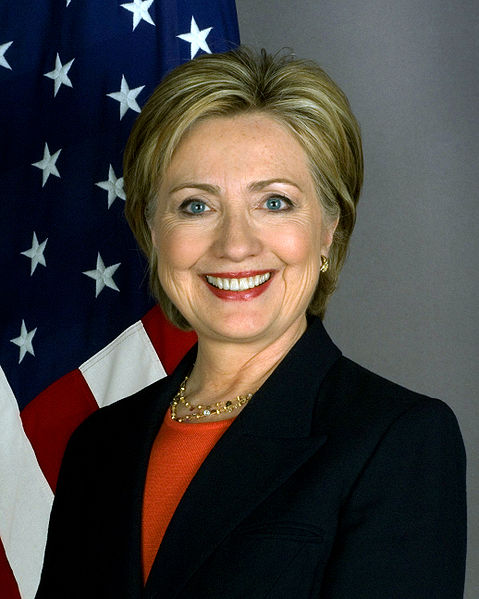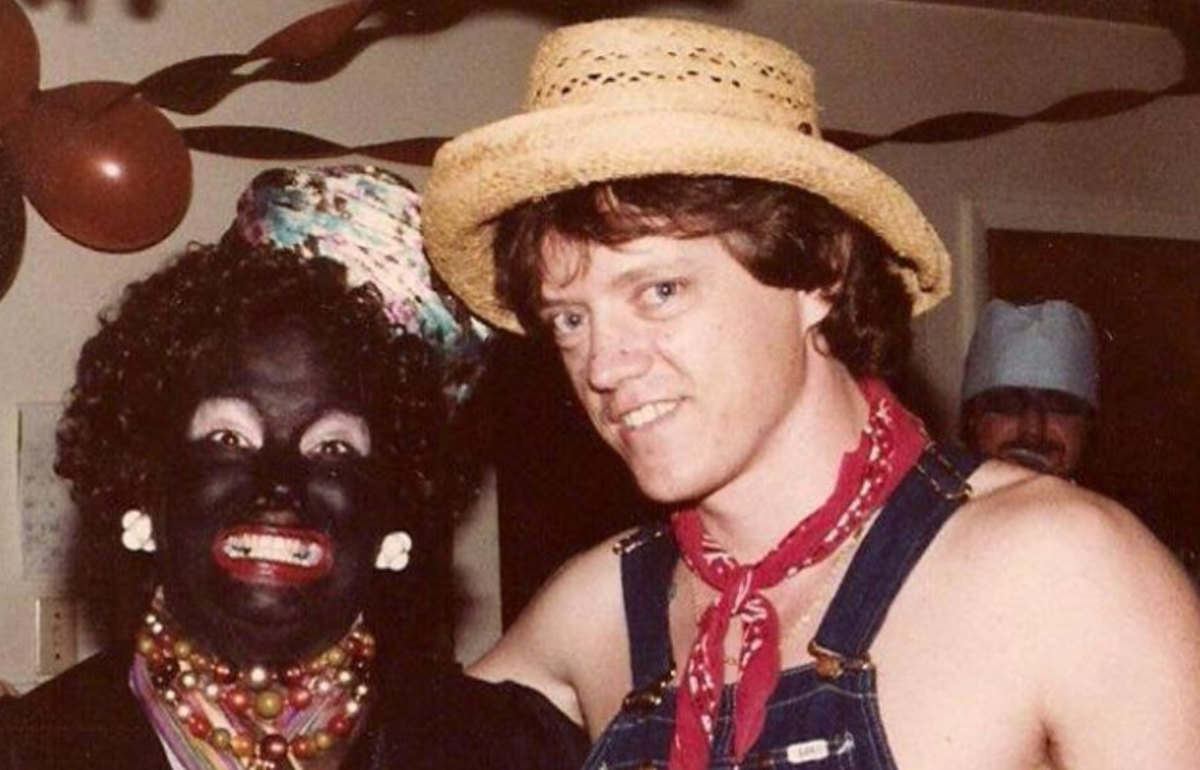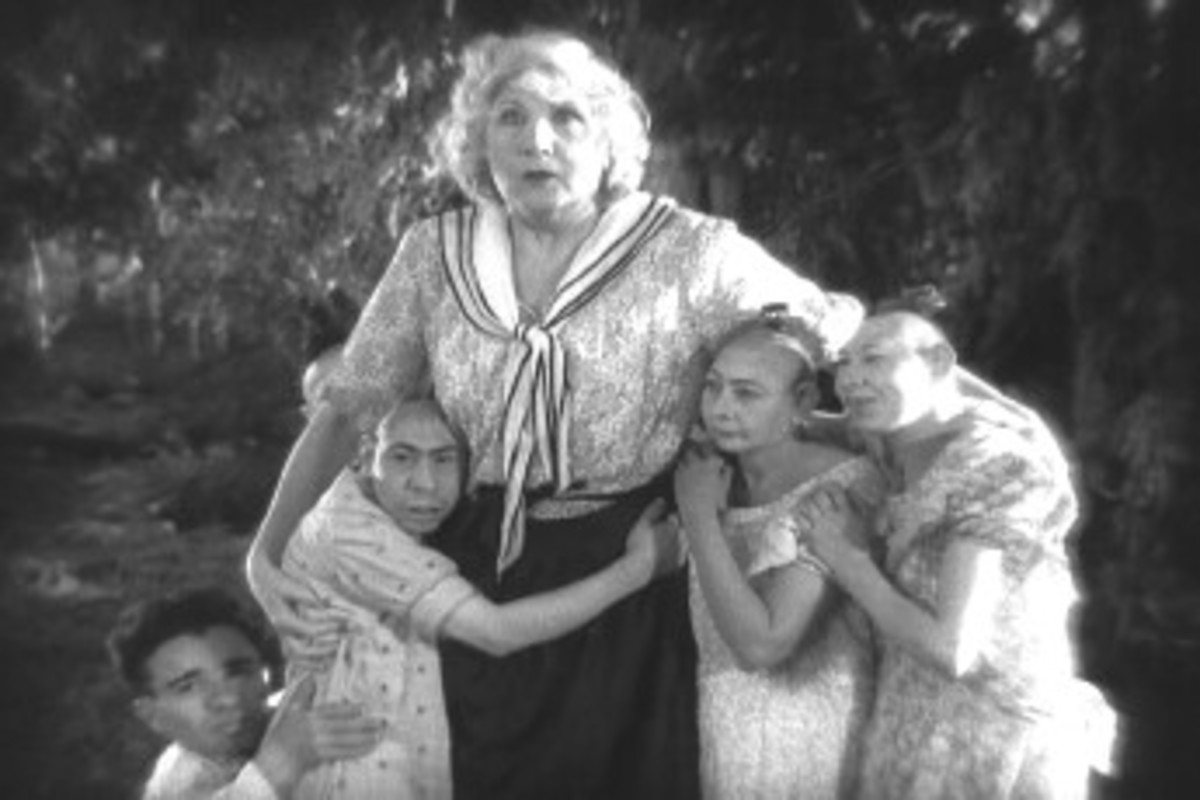Julia Gillard, Hillary Clinton, and the Prospect of a Female U.S. President: Can a Woman do the Job?

Another woman makes political history.
In case you haven’t heard, Australia has a new prime minister. Her name (that’s right, a woman) is Julia Gillard. She’s making history as Australia’s first female prime minister, following a particularly brutal political climate.
Gillard’s victory is reminiscent of the fact that throughout history, women have steadily joined the ranks of world leaders over time. Women have almost always had a stake in politics, but only in the past few centuries—and by some estimates, the last few decades—have they achieved the same clout in the field as men. It also calls to mind the political climate here in America and the special challenges a woman seeking the U.S. Presidency might face.
It’s arguably easier to become a female prime minister than a female president—the prime minister is determined by the majority of the Members of Parliament, whereas the president is directly elected by the people. Even so, the prospect of an American female president is a good one to revisit now.

The most recent chance America had to choose a female president was in 2009, when Hillary Clinton proved to be a formidable candidate in the presidential election. However, as is well known, she didn’t manage to clinch the nomination (but oh, did she try); that honor of course went to Barack Obama. The question remains though: why wasn’t Clinton nominated?
Some might say the answer is simple enough: Obama was simply a more attractive Democratic candidate with a more expertly-run campaign. For the most part, this seemed to be the case. People wanted a relative outsider who represented “change” and “hope”, and that Obama did: visually, by being African-American, socially, by creating a huge network of volunteers and supporters, and vocally, by preaching about the dawn of a new era in American politics.
But, would people have voted for Hillary if Obama wasn’t there? She was seasoned, popular, well-respected both at home and abroad. But there were a few sociopolitical factors, in my opinion, that may have prevented her and past female contenders from being nominated by major parties and elected to office.
1. American conservative culture
America has a strong and vibrant culture of conservatism. It probably has the strongest such zeitgeist among the major Western powers, and despite a growing liberalism, America as a whole remains on the center-right. Conservatives mostly aren’t loath to endorse female leadership, but a conservative culture might be less conducive to a female presidential candidacy.
Many conservatives hanker for a return to traditional, “old-fashioned” family values and gender roles. A society in which men are the breadwinners and the heads of the household, and women provide a supporting role and look after the children. One can see how the average woman might find it difficult to break away from that mold and take on the social roles monopolized by men. Even if a few strong women managed to do so, the cultural climate and popular opinion of the past would have prevented a woman from getting too far ahead.
But things have been changing for a while now, and changing fast. Through two World Wars, women demonstrated that they too can be upwardly-mobile hard workers and providers, and a series of ongoing reforms extending to the modern day are recognizing the right of women to earn as much money as men. The idea of female political leaders now is thus much more acceptable than it was in previous generations. America is becoming more culturally progressive, our notions of “tradition” and social values are changing, and the idea of a woman president is fast gaining acceptance.
Every president has been male. It's very difficult to step outside of a deeply-rooted cultural tradition. It may be tough for the populace to adjust to a new kind of political model and head-of-state, but as Americans have proven, it can be done.
2. Perceptions of a woman’s “strength” and psychological capacity
Culturally and socially, women are often seen as the “weaker” sex, owing a lot to physical features and historical female roles. The media also reinforces the idea that women are emotionally unstable and stagnant in decision-making. It’s unfortunate, because women have as many strengths as men do, just in different areas.
In a center-right culture, even upwardly-mobile, independent, successful women are going to sometimes be considered less capable of handling the high political decision-making pressure of the presidency. But that’s another thing that’s changing. A woman might be more in tune with her emotions and those of others than a man, but that doesn’t mean she can’t control her emotions and think things through rationally and clearly. Surely if women are so capable, a well-qualified woman can be trusted with the demands of the presidency.
3. Concerns over how much a female president will be respected abroad
Conservative sentiments over a woman’s role definitely aren’t limited to America—they exist in many countries around the world. You might recall the incident in which North Korean leader Kim Jong-Il called Hillary Clinton a “schoolgirl,” suggesting that she was ill-equipped to be Secretary of State, much less President. Incidents like this might make people shy away from the prospect of an American female president. America takes great pride in nurturing it’s great international status and influence; by tradition and policy, it bends to no one else. If Hillary Clinton (or any woman, for that matter) were President and another leader of equal status were to insinuate that she’s too immature for leadership, it would be devastating PR for “the land of the free and the home of the brave.”
- Hillary Clinton: Mother, Stateswoman . . . Schoolgirl?
Opinion piece about the back-and-forth between Hillary Clinton and Kim Jong-Il.
The American people rightfully want a leader who will garner the respect, admiration—even the emulation—of other world leaders. But women shouldn't be dismissed on that basis. There are many female leaders who are thriving politically. As long as America lives up to its ideals and can thus viably and diplomatically promote them, the right female leader will only enhance the country’s standing in the world.
And there we have it: it makes perfect sense that a well-qualified woman should one day soon be Commander-in-Chief. Some Australians have cause for pride in the fact that they’ve just joined the ranks of modern nations with a female leader. All that’s needed now in America is for the right woman to present herself on the national stage, and for enough of the electorate to have an open mind towards the idea.

Further Reading
- Is the U.S. Ready for a Female President?
Is the U.S. ready for a female President? Some say America is ready for a female president, while others disagree. - 60 Minutes on CBS News: Why Hasn't There Been A Woman President?
A retrospective on reasons we haven't yet reached that milestone.









